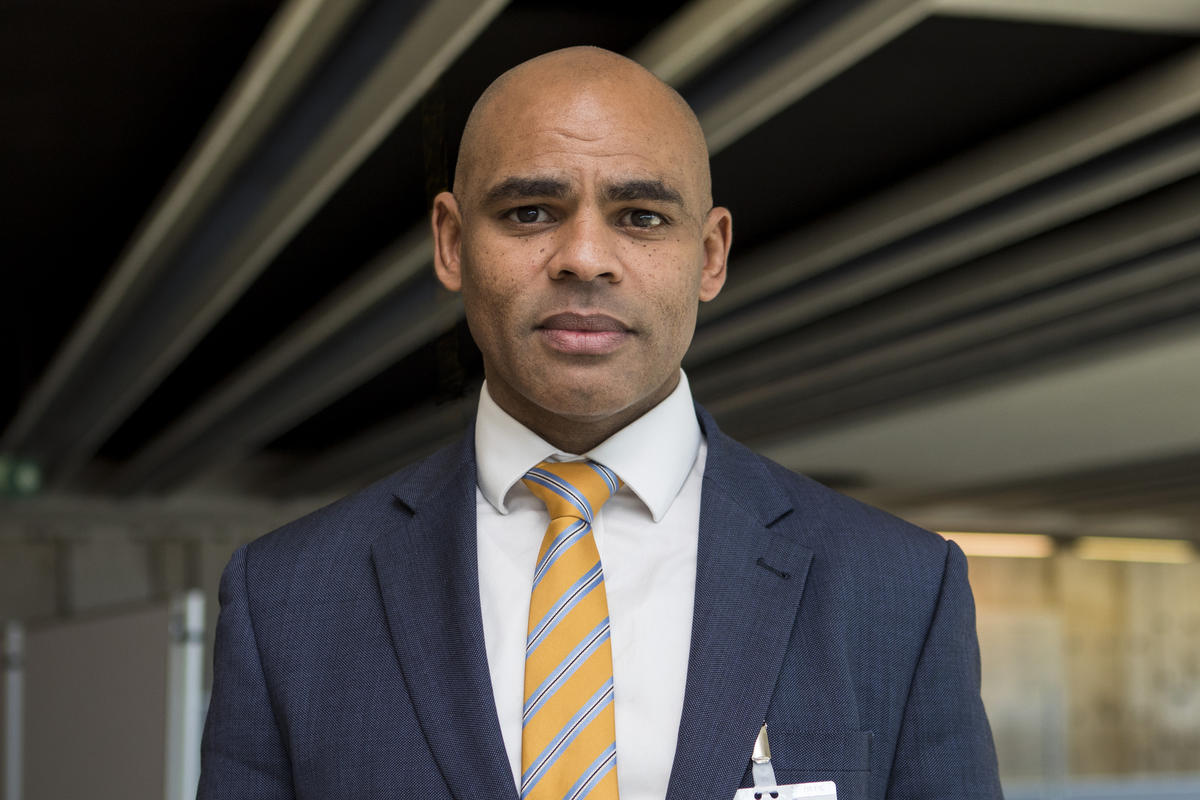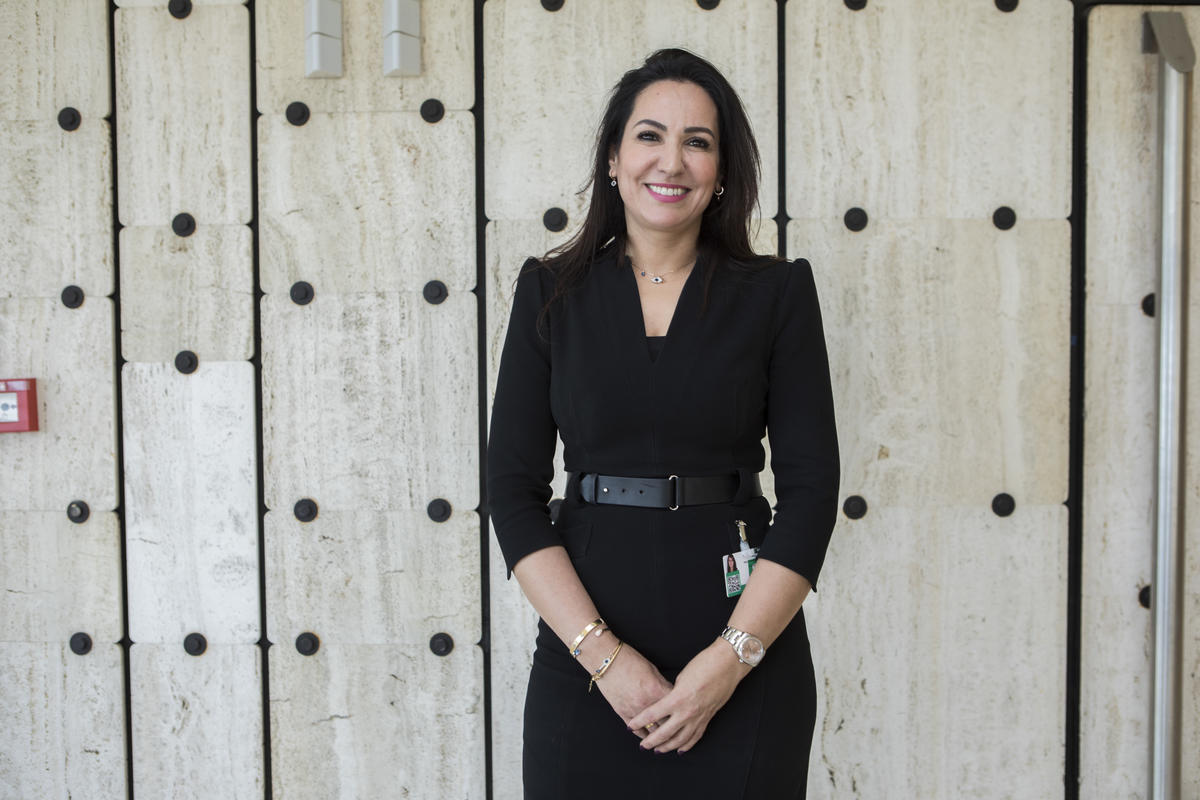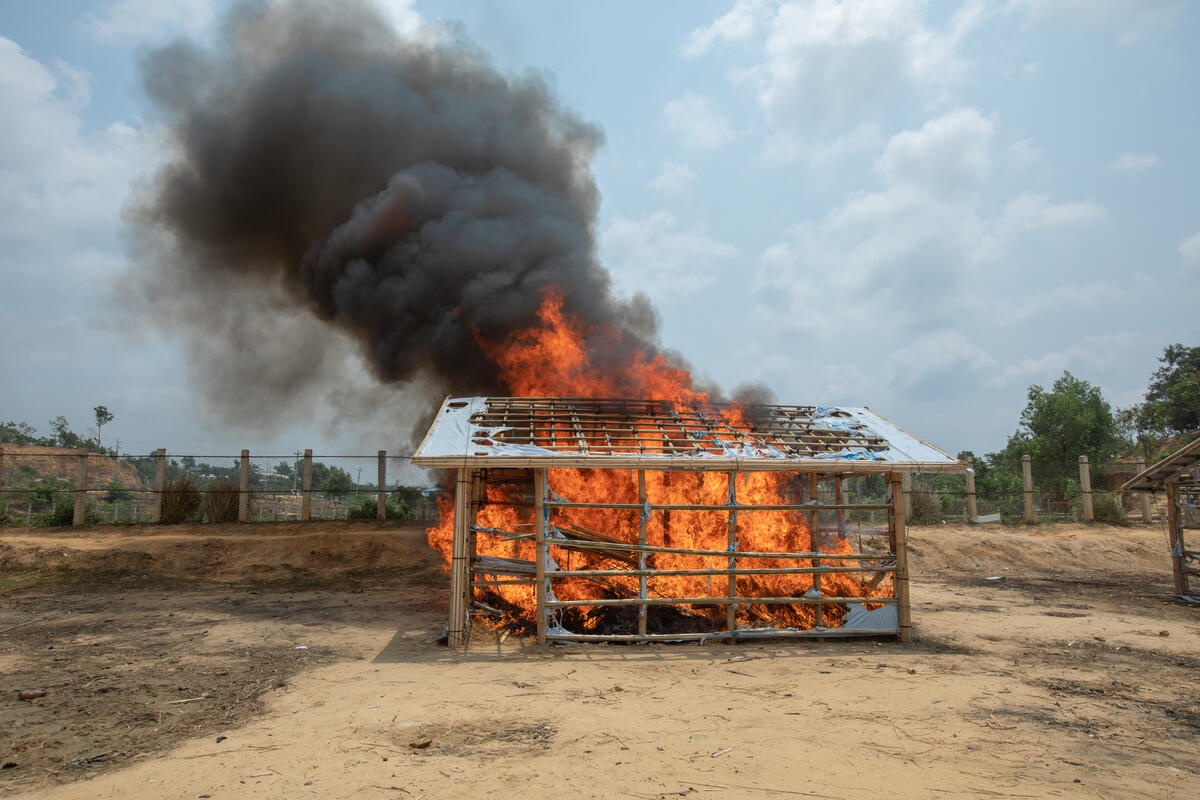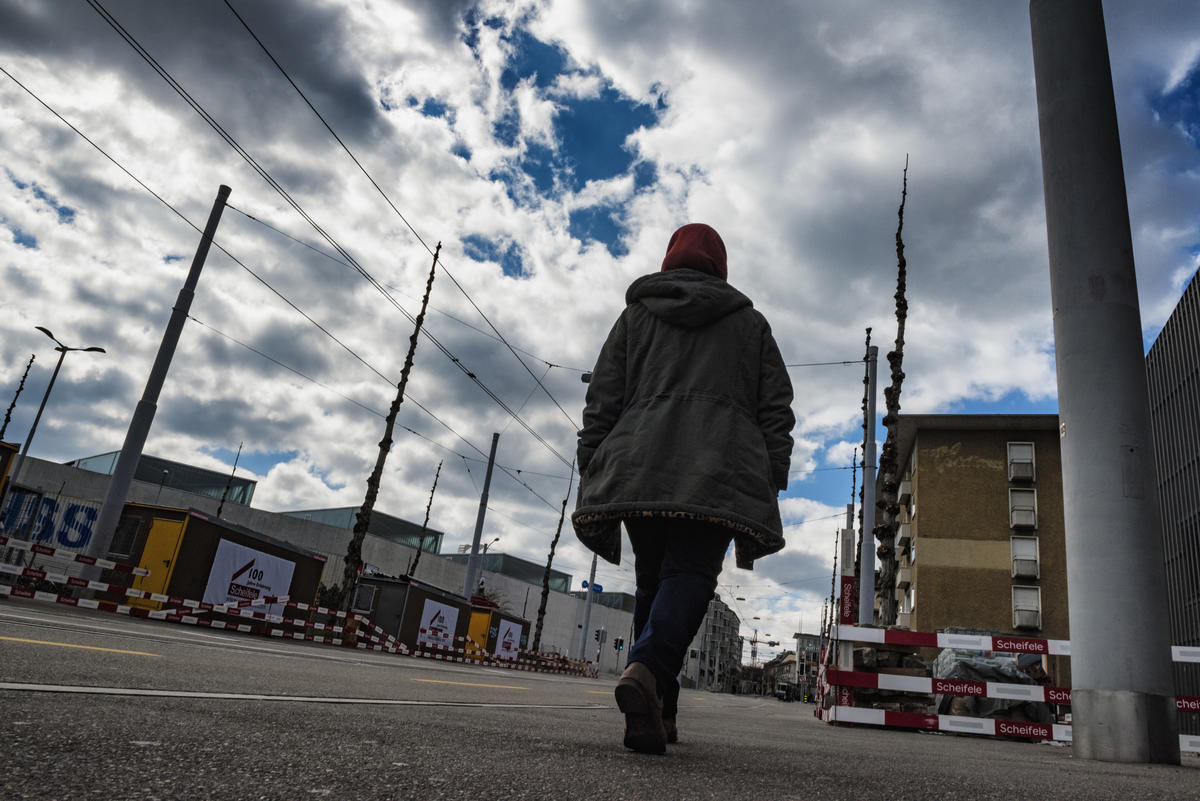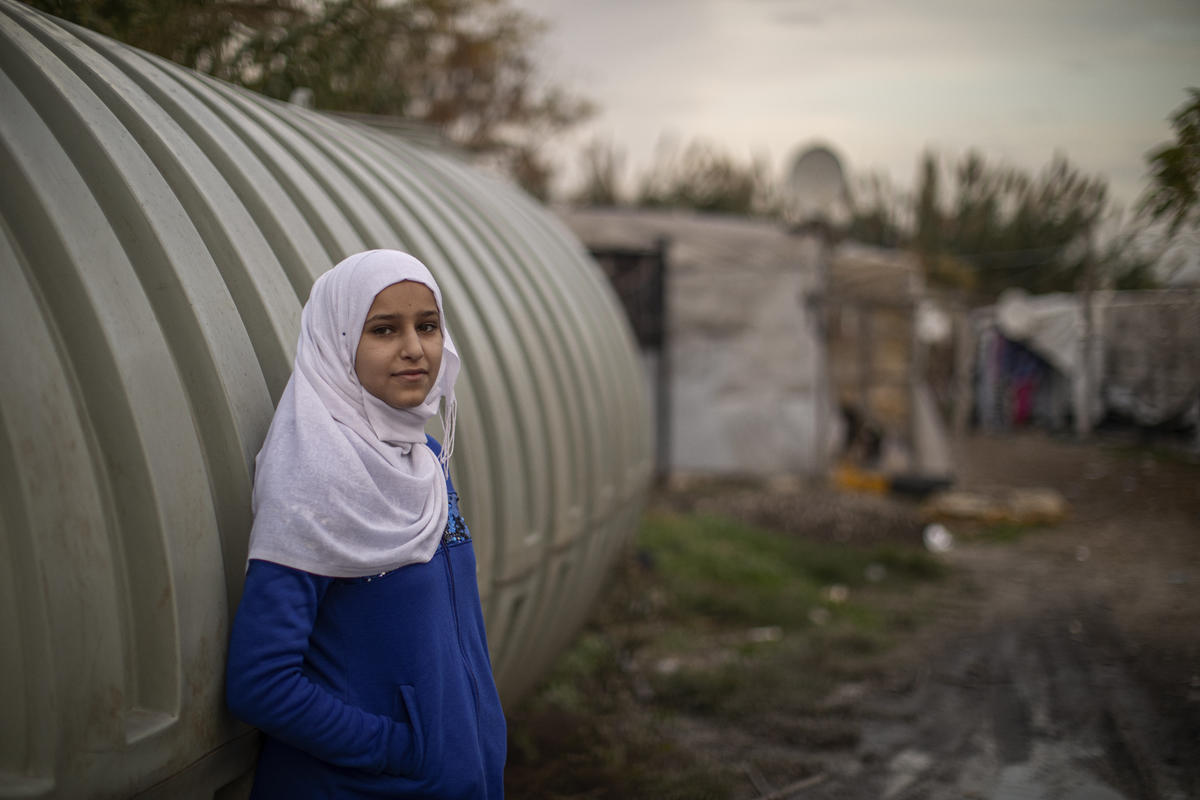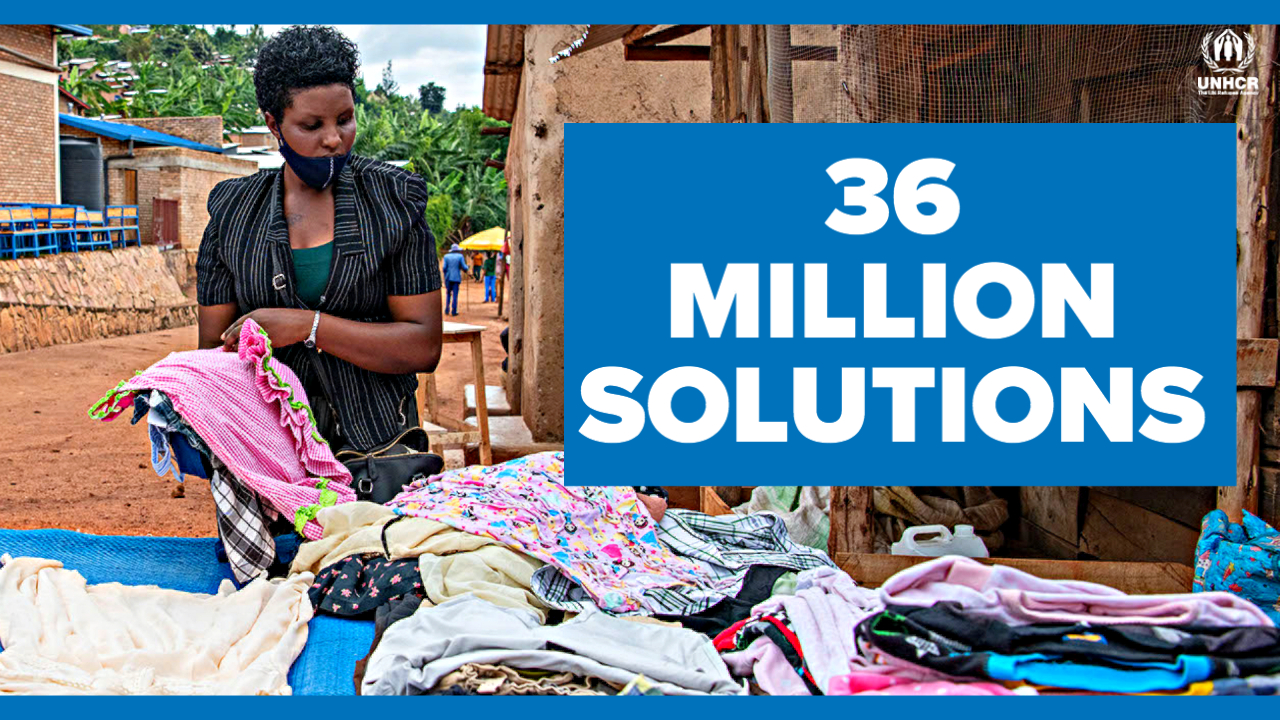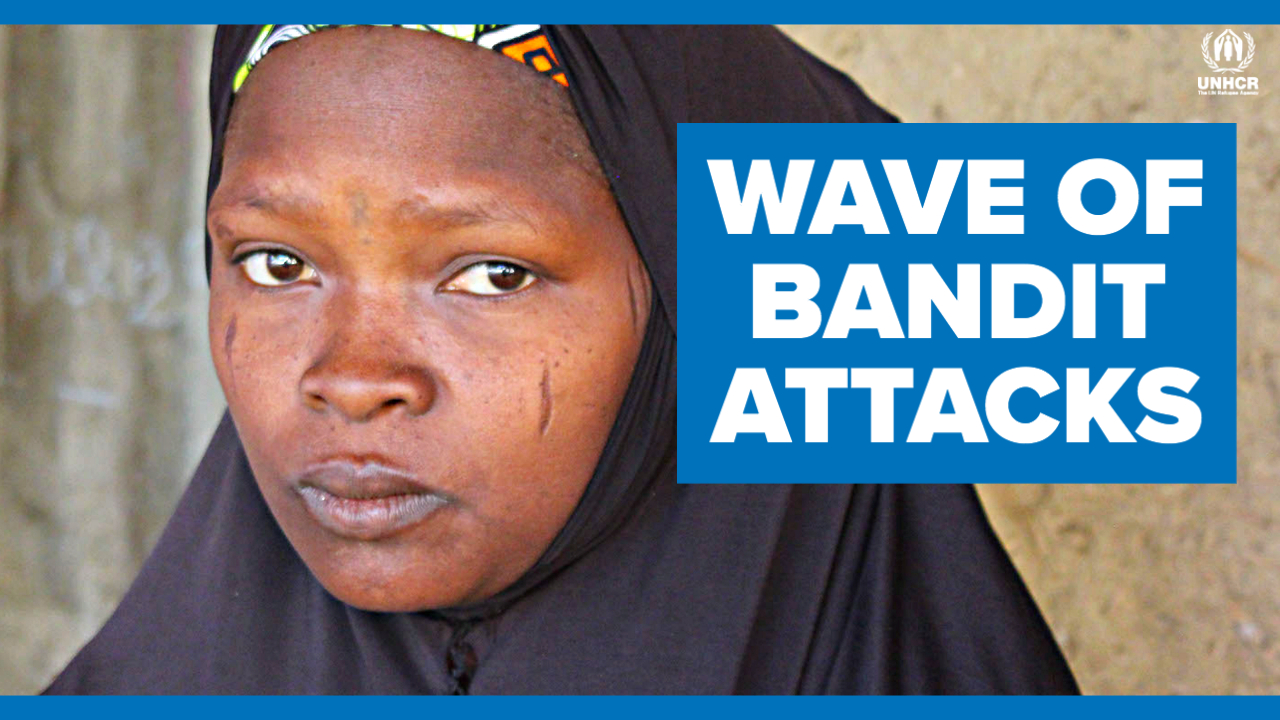Global cities take the lead in welcoming refugees
Liberia-born Wilmot Collins first came to the United States as a refugee in the 1990s, and settled in Helena, Montana. After more than two decades working, paying taxes and putting his kids through school in the city, its residents elected him as their mayor.
“Refugees are no different from anyone of you. Refugees – you’re looking at one. You’re speaking to one. We’re no different. All we ask is, give us that second chance, and see what we can do for the community,” he said.
Over the years, Wilmot and his family have given back to Helena. He served 22 years in the military; his wife is a nurse at the local Veterans Affairs hospital, and their daughter is now active duty military serving overseas.
“We’ve given tenfold. And we will continue to give. Because that’s us. That’s what we want. We appreciate our host country. We appreciate our second country, you know – and so we give back,” he added.
“All we ask is, give us that second chance, and see what we can do for the community.”
Collins spoke on the sidelines of a high-level meeting in Geneva to explore the key role that cities and urban areas around the world are increasingly playing in giving refugees, internally displaced and stateless people that second chance.
A recurring theme taken up by mayors from Helena, to Quito, Bristol and Mogadishu taking part in the High Commissioner’s 11th Dialogue on Protection Challenges is the positive contribution refugees can make to their adoptive communities, when given the opportunity.
“Refugees can provide different ideas, visions, perspectives, and all that enriches the city. It fosters the diversity of a community, and therefore that provides our people with chances of steering economic development and job creation,” said Mauricio Rodas Espinel, the mayor of Ecuador's capital, Quito.
“I see refugees as an opportunity rather than as a threat, and I think that’s the way we should all look at them.”
There are a record 68.5 million forcibly displaced people worldwide, including 25.4 milion refugees. Around 60 per cent of them live not in camps but in cities and urban areas.
Bristol, in the west of England, declared itself a "City of Sanctuary" for people fleeing violence and persecution, and strives to create a culture of welcome and safety for all.
“The thing we’ve learned by providing a safe haven is that if you do it well, and if you put a good support structure around it, win the support of the population and business and local government, that actually becomes an asset for the city,” said Mayor Marvin Rees.
“Having an international population in the city brings you phenomenal connectivity. And one of the points we’ve been making is that if we follow our populations to countries of origin, across the Middle East, across Africa, across South America, we’ll find economic opportunity there, opportunities to do investment, to do trade, and to do business.
“So it’s in our own interest, as well as creating a more vibrant culture – and when a place begins to access a diversity of thought, it becomes a place of innovation.”
“Having an international population in the city brings you phenomenal connectivity."
Souad Zaidi, the deputy mayor of Rabat and member of Moroccan parliament, meanwhile said that refugees had brought benefits as they settled in the nation’s capital.
“This has been really very beneficial for the city of Rabat. Refugees and immigrants are now well integrated into society. They have the right to go to school. They have the right to public services. They have the right to health care. They feel right at home. Today Rabat is no longer a city people transit through. It’s a city that welcomes people.”
In Mogadishu, the Somalian capital emerging from decades of conflict, including returning refugees and internally displaced in reconstruction is key, the mayor, Abdirahman Omar Osman, stressed.
“It’s my vision to reclaim Mogadishu, and the glory it used to have,” Osman said, calling the contribution of thousands of returnees and forcibly displaced Somalis “key” to that goal.
“We see the bigger picture. They can contribute to the economic development of the city. They can help to get employment and creation for jobs. So we see them as a positive.”
See more stories from the Cities of Light series



